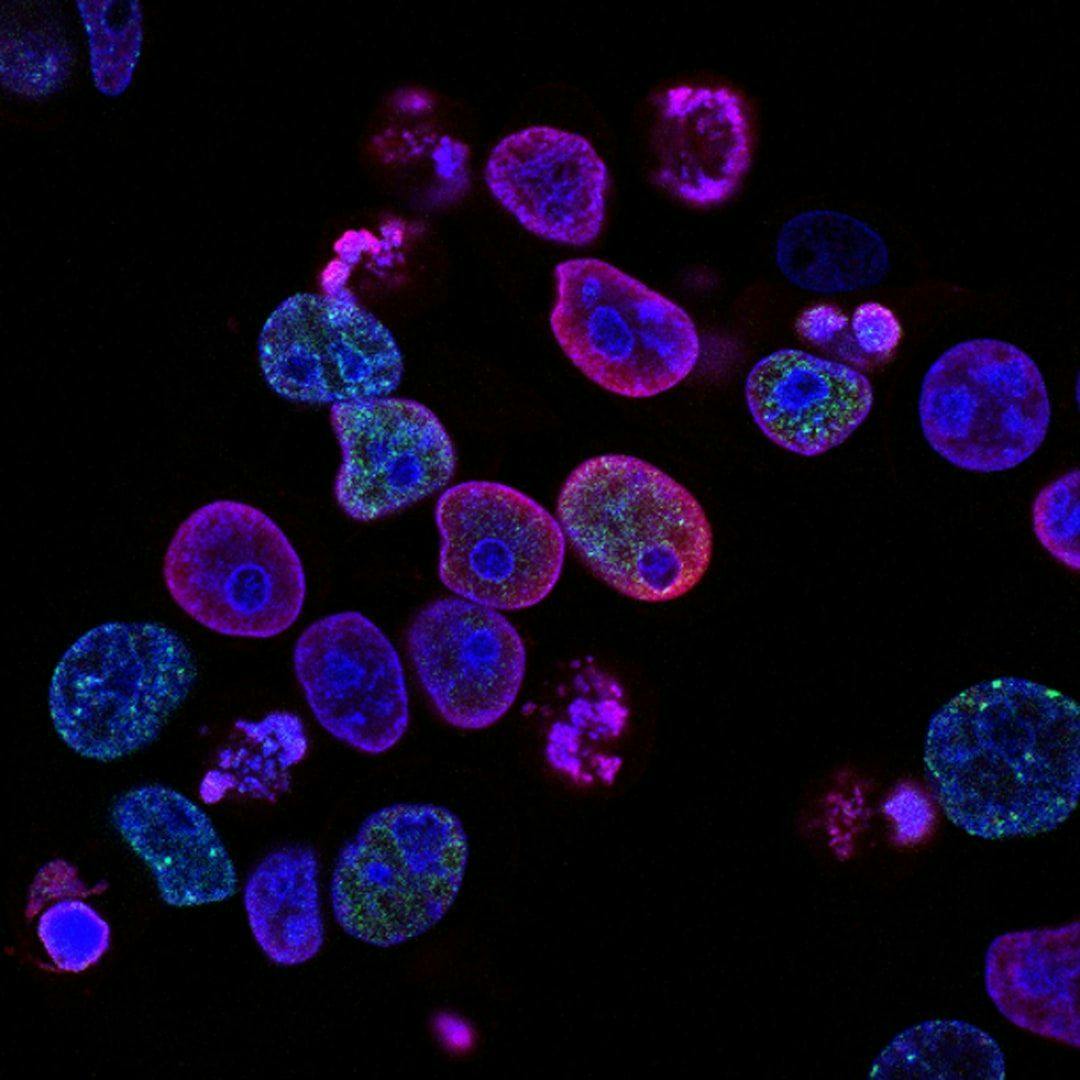657 reads
Scientific Boom: 5 Innovative Biotech Startups That Will Change Our Everyday Life
by
May 16th, 2023
Audio Presented by

6 years in IT, most of them in Product Management roles in startups at a scaling phase
About Author
6 years in IT, most of them in Product Management roles in startups at a scaling phase
